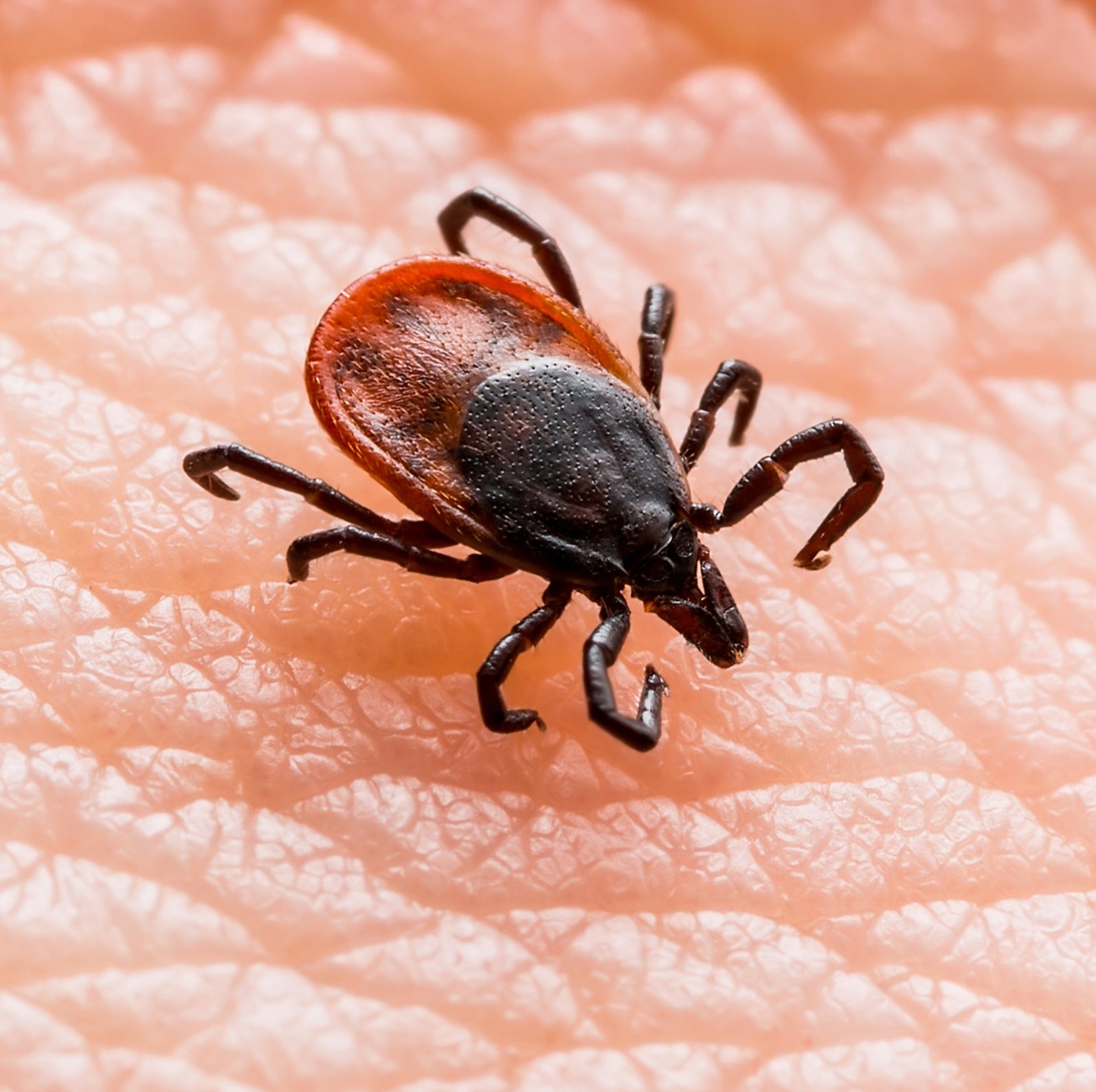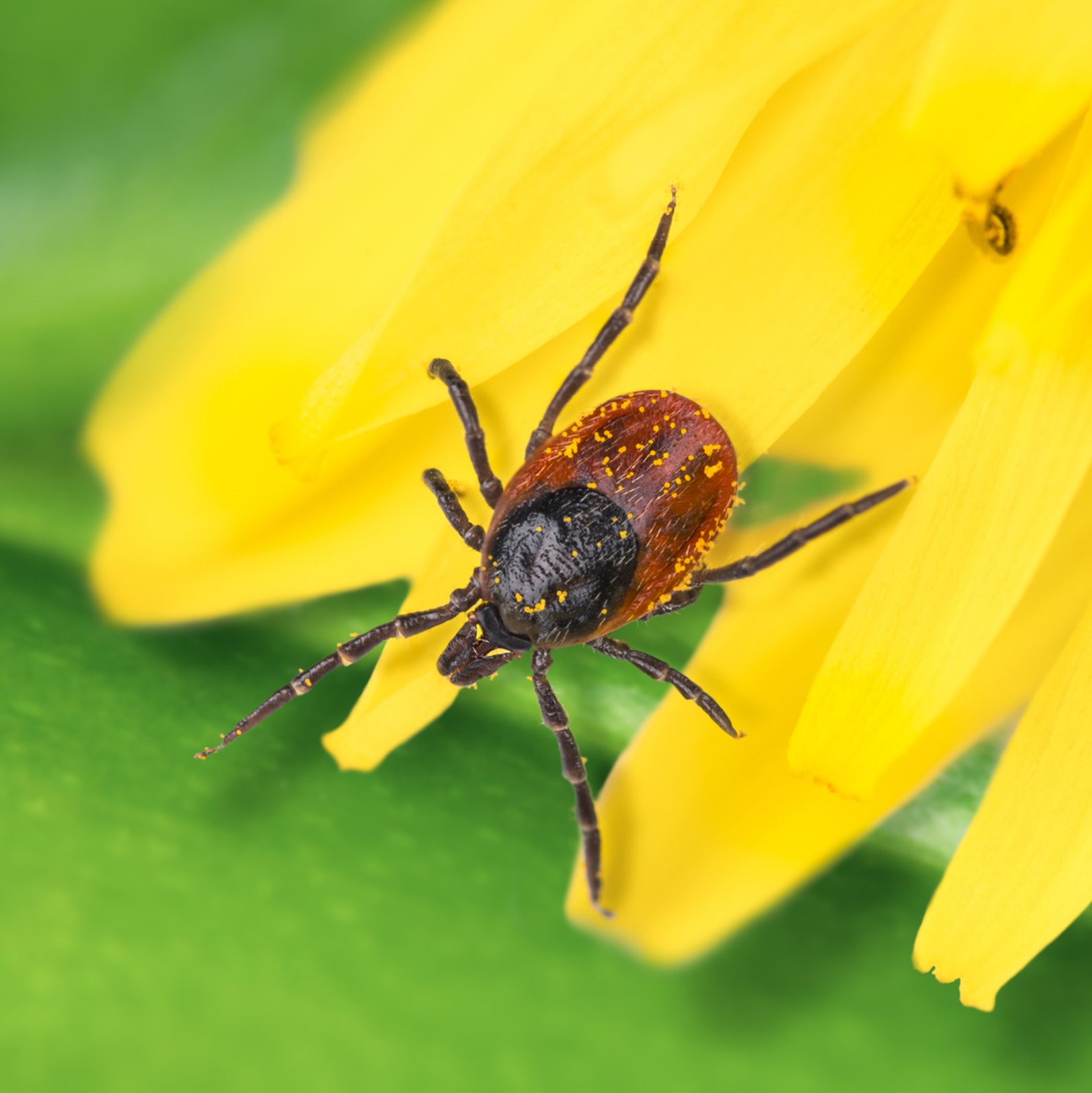Introduction
While ticks are small, the diseases they carry can be a big deal. From Lyme disease to Rocky Mountain spotted fever, these tiny bloodsuckers can transmit a variety of illnesses that can affect humans and pets. Knowing the symptoms of these diseases and what to do if you suspect you’ve been infected is crucial. Let’s arm ourselves with knowledge and keep those tick-borne illnesses at bay!

Common Tick-Borne Diseases
Here’s a quick rundown of some notorious tick-borne illnesses:
- Lyme Disease: The most common tick-borne illness in the Northern Hemisphere. Watch out for fever, headache, fatigue, and a characteristic skin rash often shaped like a bullseye.
- Rocky Mountain Spotted Fever: Despite its name, it’s found in many parts of the United States. Symptoms include fever, headache, abdominal pain, vomiting, and muscle pain, with a rash developing later.
- Anaplasmosis: Causes fever, muscle pain, chills, and headaches. Typically appears within 1-2 weeks following a tick bite.
- Ehrlichiosis: Similar to anaplasmosis, but can also include a cough, confusion, and sometimes a rash.
- Babesiosis: Often starts with a vague feeling of discomfort followed by fatigue, chills, fever, and anemia.
Symptoms
The symptoms of tick-borne diseases can vary, but they often begin with flu-like symptoms. Because these initial symptoms are so general, they can easily be mistaken for more common viral illnesses. Key symptoms to be vigilant about include:
- Unexplained rash
- Fever/chills
- Aches and pains
- Fatigue
- Headache
- Dizziness
- Neck stiffness
What to Do
If you suspect you might have a tick-borne illness:
- Seek Medical Advice: Contact your healthcare provider right away, especially if you’ve been in an area where ticks are known to live.
- Mention the Tick: Tell your doctor about any recent tick bites, when the bite occurred, and where you’ve been recently.
- Follow Prescribed Treatments: Treatment may include antibiotics, especially for bacterial infections like Lyme disease. Early diagnosis and treatment can prevent more severe complications.
Prevention Revisited
Remember, preventing tick bites is the best way to avoid tick-borne diseases. Follow the tips from our previous post to reduce your exposure to ticks.
Conclusion
Staying informed about the symptoms and treatments for tick-borne illnesses can help you take quick action and recover without serious complications. As always, prevention is your first line of defense. Keep checking those crevices after a day in the great outdoors, and stay healthy!



